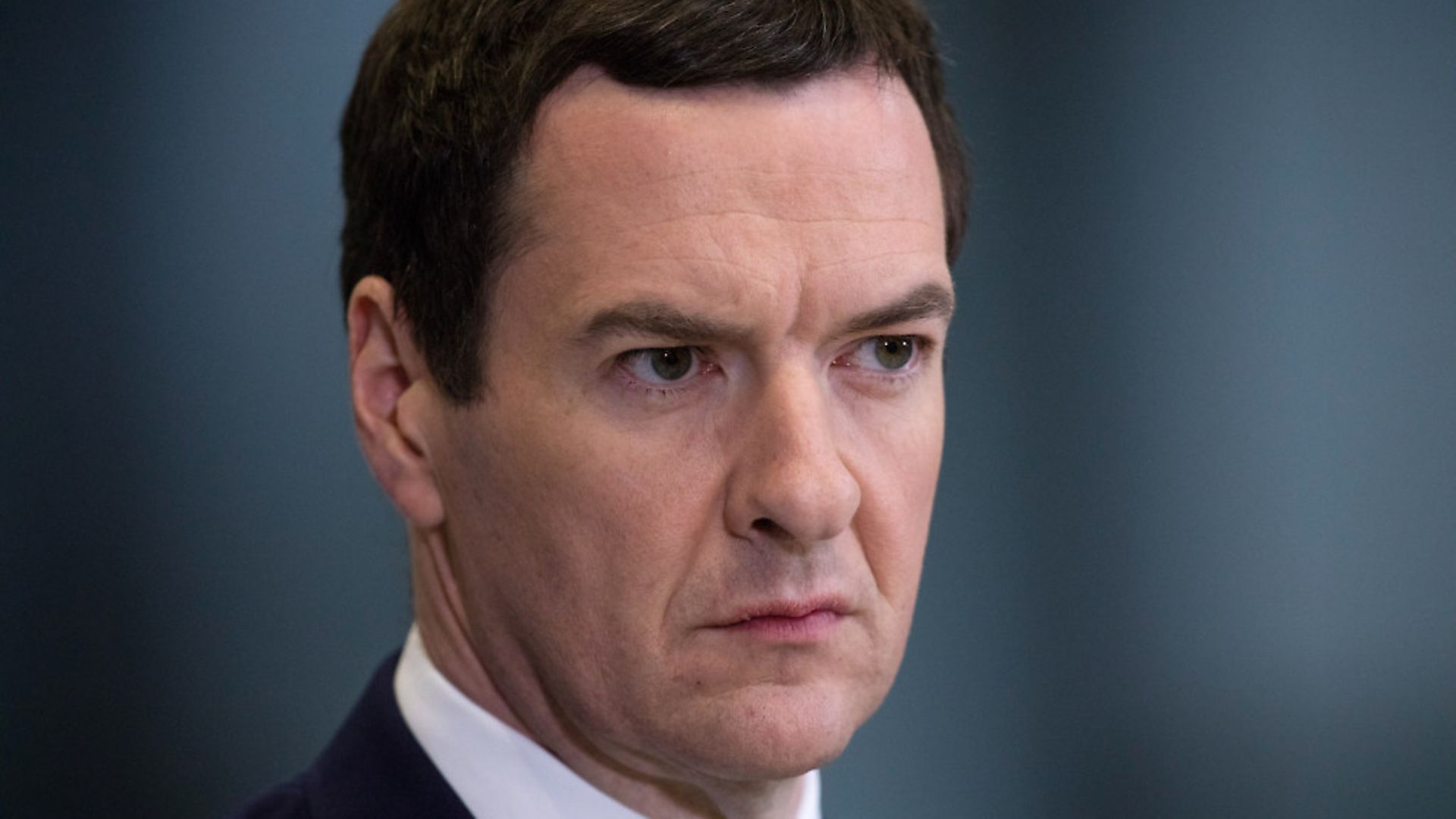
Leaked impact assessments have revealed that a hard Brexit would shrink the economy by 8% and leave the UK £196bn-a-year poorer.
Usually, when the government keeps something secret, it’s because the information isn’t widely known and would do damage to the country if it were made public.
That’s why we don’t publicly reveal the location of the UK’s nuclear submarines, for example, or the list of MI6 informants working on counter-terror.
In the case of Brexit, however, the government is going to extraordinary lengths to keep secret information which is not only replicated elsewhere, but is also obvious to anyone with half a brain.
This was the case with David Davis’s famous ’58 Brexit impact assessments’. It was the case with the UK’s negotiating positions. But the most extraordinary case to date was the new assessments of different future UK-EU relationships, produced by civil servants across government ahead of the Cabinet discussing what they want that relationship to look like.
The plans surrounding how ministers would see these assessments treated them as if they were hugely secret: instead of circulating copies by email or memo, a small group of Cabinet ministers were to be shown them one-at-a-time, by civil servants, who would show them the slides – and not give them a copy.
Inevitably, of course, they leaked – to BuzzFeed UK’s impeccably sourced Europe Editor. The news is grim: in a hard Brexit scenario, the UK economy will be 8% smaller than it would have been without Brexit. That means the country would be about £196bn-a-year poorer, or £3,800 million a week, for those still thinking about the Brexit bus. That means around £1,600 million a week less for the government – so much for extra money for the NHS.
The best-case scenario – staying in the single market and customs union – is still dire: it leaves the UK around £49bn-a-year, or about £400m-a-week, worse off.
Clearly this is not good news for a government committed to delivering Brexit – but it’s also hardly new, and it barely merits any attempt to keep the information secret. Forecasts from everyone ranging from the Office for Budget Responsibility, to the International Monetary Fund, to the OECD and others, have all generated estimates roughly in this range.
The new government forecasts also don’t attempt to make any attempt to price in an economic hit of a sharp Brexit: any sudden losses of trade in the short-term, or new infrastructure at the border. This is far from Project Fear-level stuff.
The credibility of these warnings took a bit of a hit thanks to exaggerated claims of an immediate recession made by George Osborne during the referendum campaign. That lack of an immediate and obvious recession – though we’ve had slowed growth and more inflation since the vote – has made it easy for Brexiteers to wave away these forecasts and warnings. Ironically, part of the reason the economy remained resilient was businesses’ and investors’ hopes that the UK could be persuaded to seek a sensible and soft Brexit. There’s still time for a real plunge.
That attack shouldn’t be allowed to stick: as Rupert Harrison, a former special advisor to Osborne, noted on Twitter this week to a Sun journalist: ‘I can’t forecast what you will weigh in 10 years time but I can predict that if you eat a lot of burgers and don’t do any exercise you will weigh more than if you eat healthily and go to the gym.’
In other words, it’s definitely very difficult to say how big the UK economy will be in 15 years, but it’s a lot easier to say how much smaller it’s likely to be when dragged down with different types of Brexit.
The EU side of negotiations is engaging in none of this secrecy theatre. Before the phase one talks, the EU set out what it would discuss – citizens’ rights, the Irish border, and the Brexit bill – and what it wanted from them, and then stuck to that. The UK spent months pretending other things could be discussed, or concessions won, then caved.
As we come into phase two, the EU has clearly and publicly said what it wants from transition, how long it’s happy to let transition continue, and how future negotiations from then will work. Once again, the UK is ignoring that, and treating our own assessments as if they will only work if kept secret – as EU leaders complain they still don’t know what we actually want.
This is revealing as to why the UK government is keeping secrets. So long as it keeps information and negotiation stances secret, it can delay facing up to reality and facing up to its own divisions. Cabinet ministers who backed Remain know the UK will be poorer and know the UK will have to pick from the unpalatable options on the table – not a prospect they can face with enthusiasm.
Brexiteers in the Cabinet are starting to have to face that the EU won’t provide everything they imagined it would, and that they’ll soon have to face up to a Brexit that delivers much less than they promised. Keeping everything secret – from parliament, from the press, from each other – buys everyone a few more months of pretending everything is okay.
When it comes to Brexit and this government, it’s a case of the half-hearted leading the half-deranged. No wonder they’re trying to keep that quiet,









